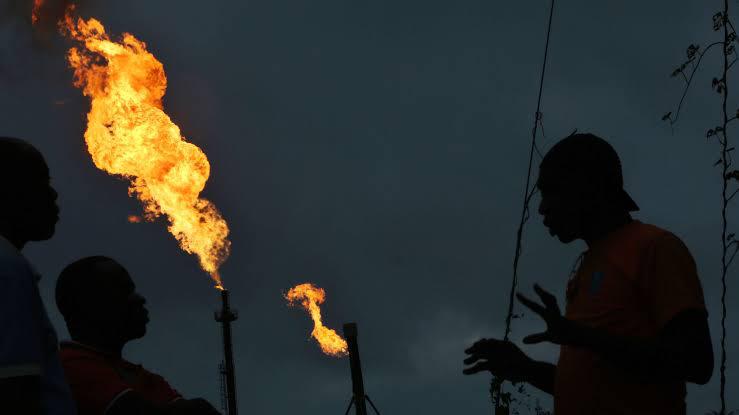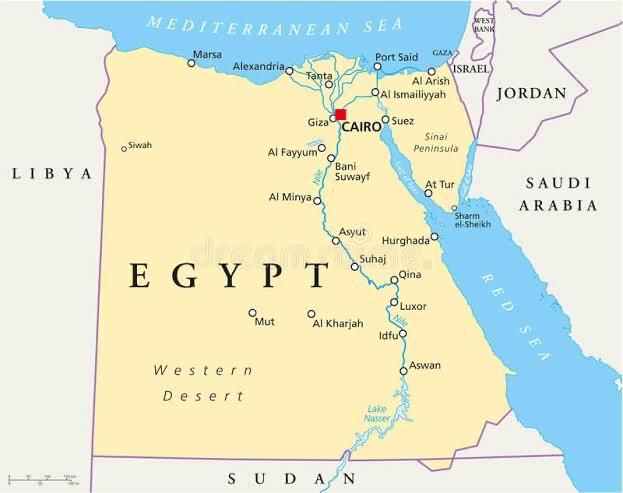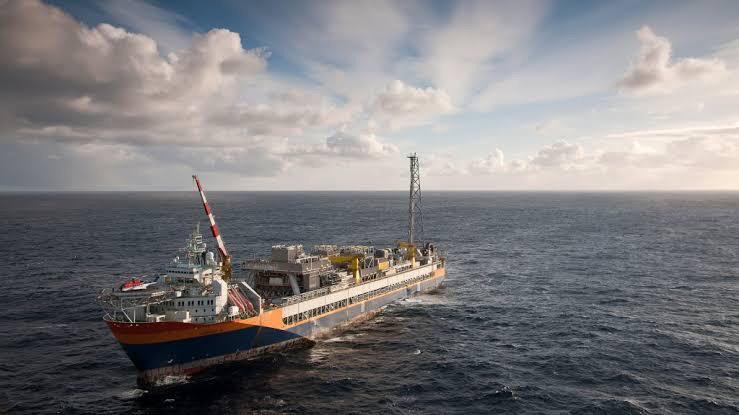In its Africa Oil and Gas Review 2020, themed “Energising a new tomorrow,” PriceWaterhouseCoopers (PwC) encouraged African countries to be strategic in their energy transition plans while exploring opportunities in gas development.
The report projects that much of Africa’s gas supply will come from Nigeria from 2021. It indicated that the total gas production of Africa is 63%, with most of it used for power generation. It also noted that African gas exporting countries recorded a 6% decline in 2020 from 39.7 mtpa in 2019, to 37.3 mtpa in 2020.
Nigeria produces 49.3 bcm of gas and 24.8 bcm or 50.3% of it is exported to Europe and Asia. Gas demand in Africa is expected to increase over the next 20 years, with the global peak of gas expected towards 2035-2040.
The report said there is a need to advance energy access and rebuild economic activity through industrialisation. It warned that to avoid fragile energy infrastructure and a high-level of energy poverty in Africa, governments must try to mitigate the impact of COVID-19 on the energy sector.
The report shows that oil exports in Africa remained static at 7.1 mmbbl/d between 2018 and 2019. However, due to COVID-19 in 2020, exports saw a decline of more than 10%. The top five African crude oil-exporting countries experienced a total decline of 11% from 5.3 mmbbl in 2019 to 4.2 mmbbl in 2020.
It highlighted the effect of the pandemic on oil and gas projects. Companies like BP, Shell, Total, Eni and ExxonMobil have already announced that the start-up dates of their major projects are expected to be delayed by 1–3 years, and smaller projects may be cancelled.
Nigeria, Mozambique, Senegal, Kenya, Mauritania and Uganda are faced with project and FID deferrals, while two of Total’s projects in Angola are facing outright cancellation.
Excerpts from the report:
“Unlike in the developed world, however, African countries largely lack the fiscal reserves and domestic market resilience to go beyond the immediate fiscal response to stimulate economic activity through policy and investment in areas such as infrastructure development and green energy transition.”
“By contrast, the developed world, which has the fiscal reserves and market capability, is using the energy transition as a key driver of economic stimulus. Accelerating policy shifts towards greening economies and early run-out of fossil fuels is being coupled with very large investment stimulus for greening technologies and implementation. The unintended consequence of this, however, is that it is accelerating the decline of the global oil and gas markets on which so many African countries depend.”
“Further examples of projects at risk are in Tanzania where, despite having world-class reserves in blocks owned by Equinor and Shell, no major LNG production has yet to be realised.”
“Following COVID-19, both these international oil companies (IOCs) have stated their intentions to diversify further into renewables and move away from hydrocarbons. The financial capability to fund mega-billion-dollar projects has also been called into question with Shell recently reporting major financial losses and announcing a significant reduction in its global workforce.”



